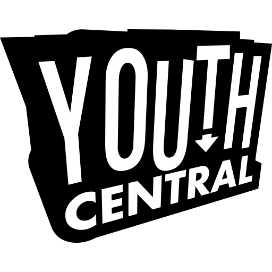Many readers of this website are preparing for university, and with that, financial independence. What does that entail, and what are some actions that should be taken to be more careful, especially in light of recent world events?
Know what is happening with your bank.
Whenever a major financial crisis occurs, everyone knows that the overall economy is at risk, but many forget that everyone’s savings are also at risk. In Cyprus, many people are being rudely awakened to this possibility, seeing their savings suffering from a forced “haircut”. This means that since the banks are not able to pay back their loans, every account in a Cypriot bank is losing all of the cash contained within it that is over €100,000. Many people who were looking to retire in the next few years are now worried about their savings, looking to see if they will still have a nest egg saved up.

In Canada and the United States, bank accounts are ensured up to $100,000 and $250,000, (respectively) with the insurance in Canada only working for one account per bank. As you start saving up for anything, it’s good to know what the government has insured for you in case of bankruptcy –even if you don’t feel your bank is at risk, keeping your money in numerous banks can be a good idea whenever a country’s economy is fluctuating and unstable.
Watch your money and keep it diversified.
As everyone watching the stock market saw in the 2008 financial crisis, even stocks that look stable can quickly fall and lose more than half their value in a matter of days. Ensuring that one invests in a plethora of stocks is critical – though it may lessen your returns on one great stock, it significantly cuts down on the risk that your finances are at. Better than just investing in more than one company, invest in more than one industry – even if banking stocks are doing well, you can’t be sure they’re secure investments.
Another tip that many learned in the 2008 crisis – though this lesson was mainly for banks – was that you shouldn’t invest in what you don’t know. Even if people are investing in some new type of thing, you shouldn’t buy it if you don’t know it. If you feel that you understand something about an investment, you can have some confidence in your investment. If you don’t have time to invest, putting your money in a mutual fund is a good path to take, as it decreases your risk as you have someone else investing for you.

Money is a very difficult thing to handle, and one major gap in curricula all around the world is teaching people how to handle their money and deal with their finances when they grow up. Books by people from all walks of life have been written about how to survive and thrive by using simple financial tips, by people still go bankrupt because of easily preventable mistakes. Until schools start to teach students how to watch over their finances, students should learn all that they can from their parents and any other source to ensure that when they do go it alone, they’ll be successful.

